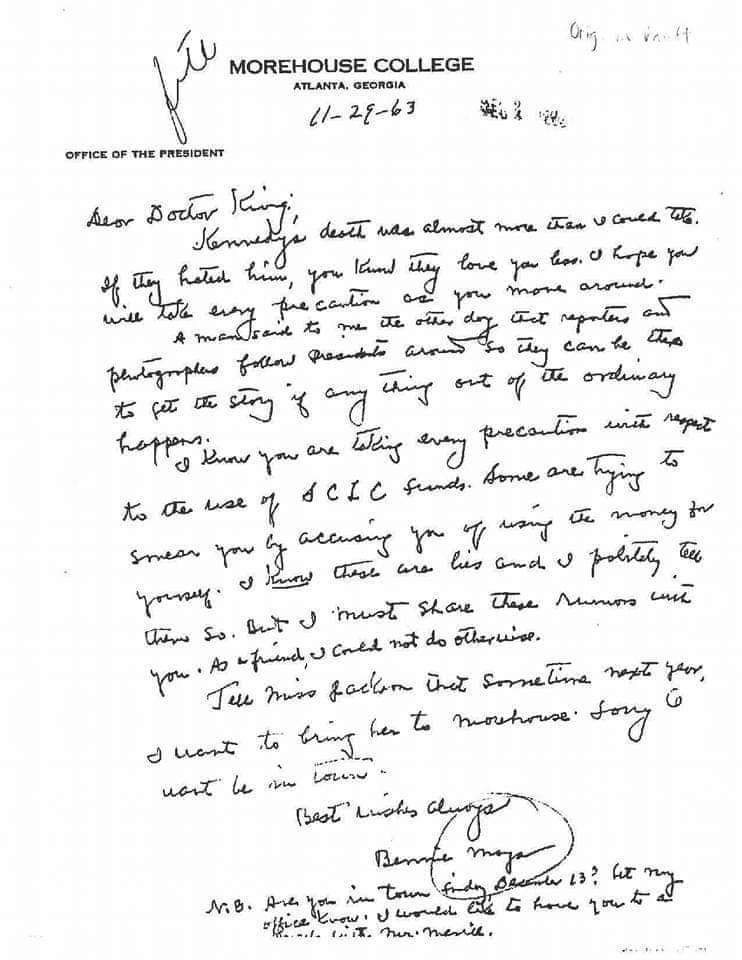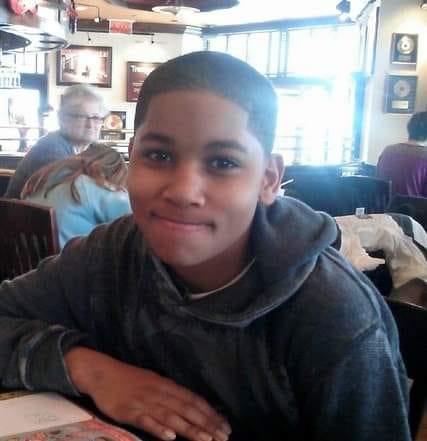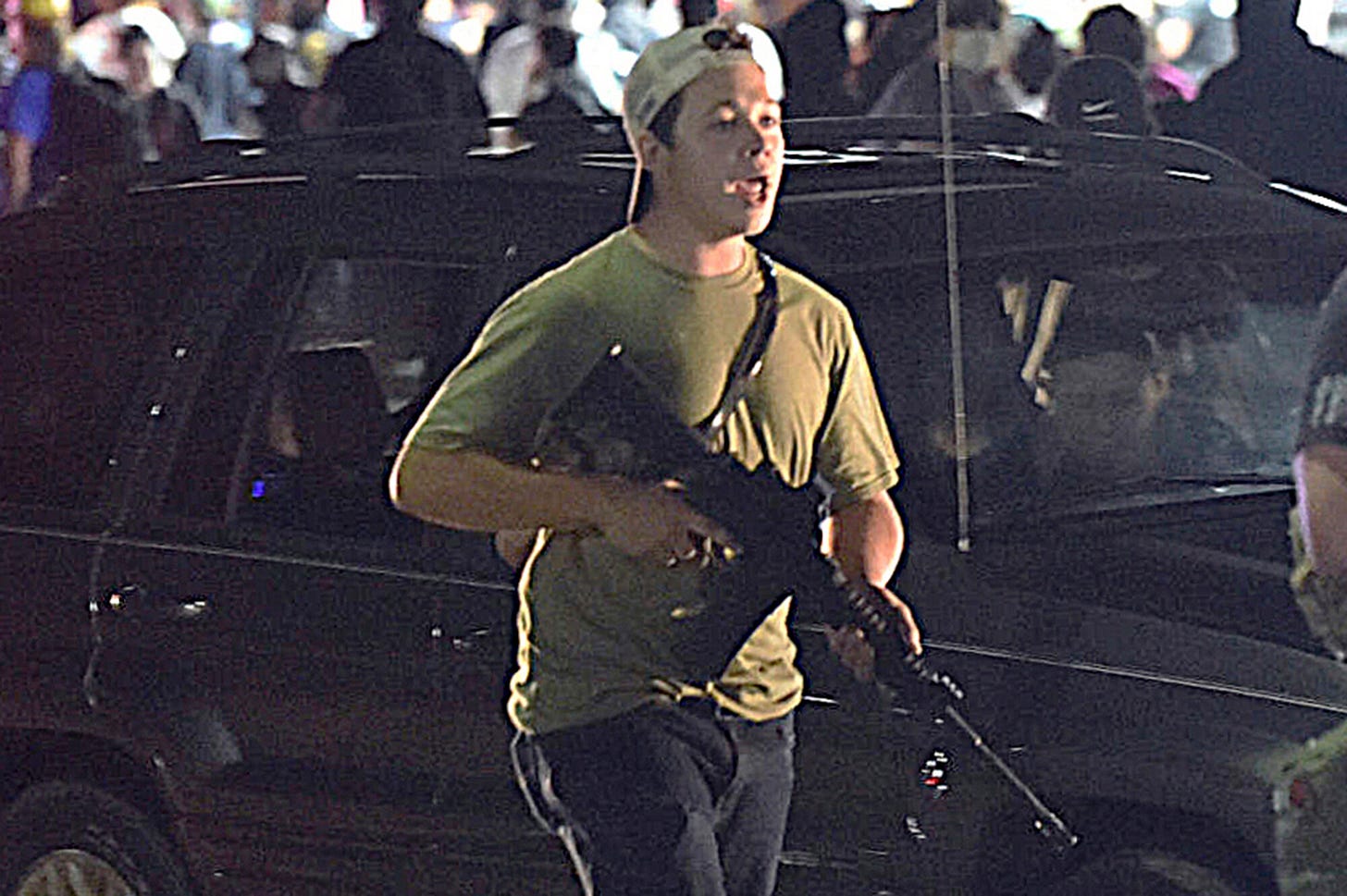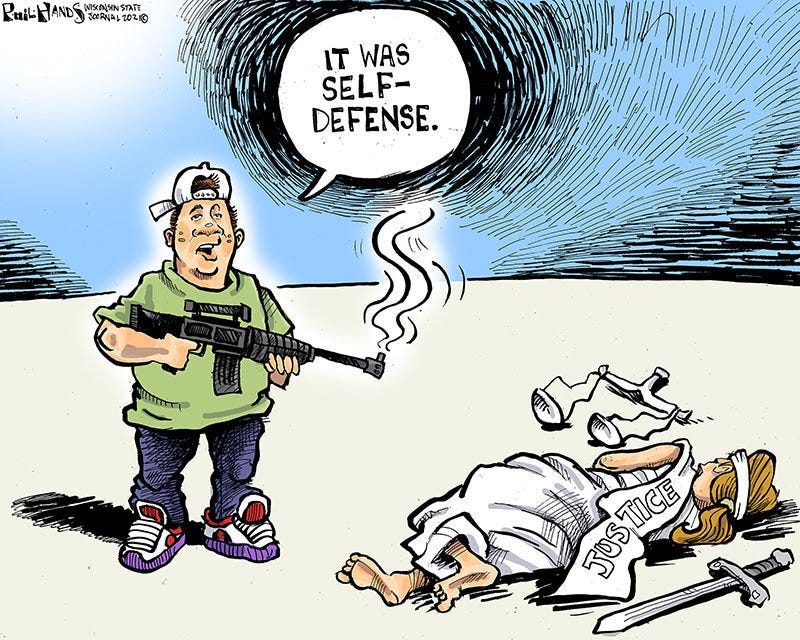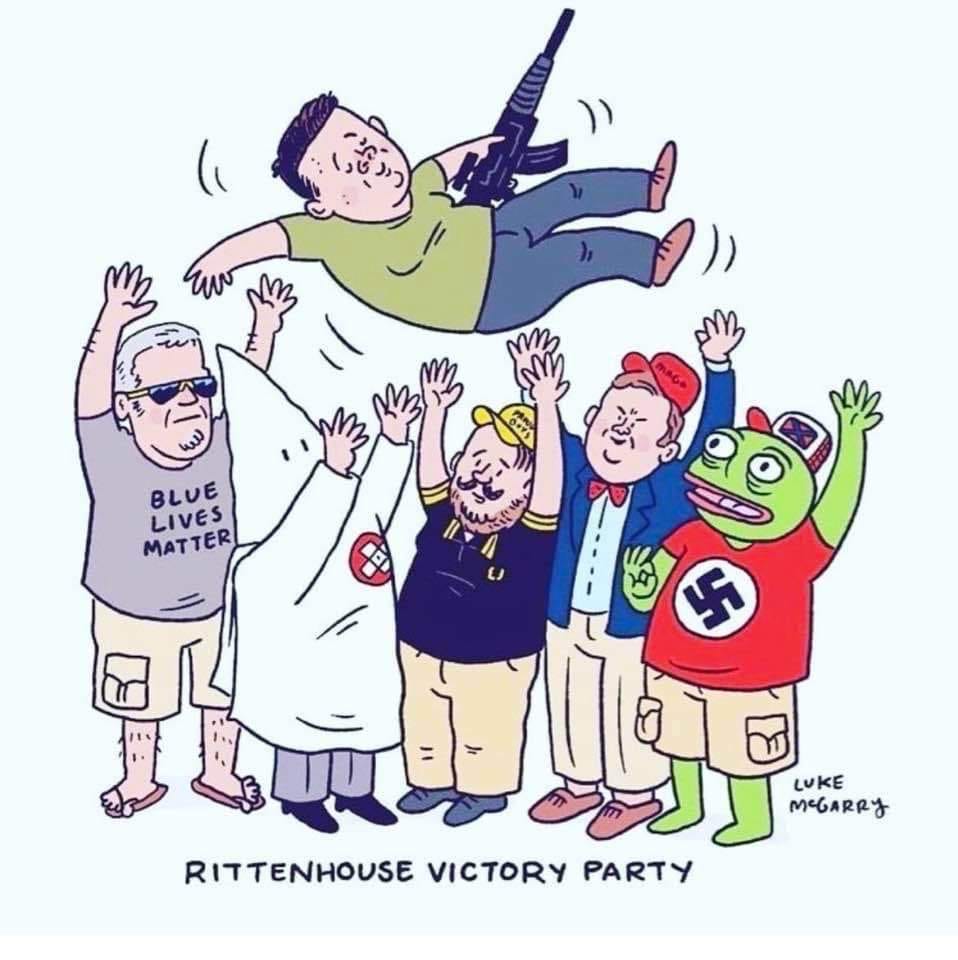***Scottish essayist Thomas Carlyle wrote in the early 19th Century that "The history of the world is but the biography of great men." Cognizant that the changing times require that gender is far less critical than in Carlyle's day, I concur that historical events are greatly impacted by the acts of powerful public figures—period!
58 years ago in Dallas, Texas, John Fitzgerald Kennedy, the 35th President of the United States, was assassinated. His alleged killer was Lee Harvey Oswald, a former U.S. Marine turned committed communist who had his own ideas about crafting a place in history as a powerful figure. Whether Oswald acted alone in firing the mortal wounds that killed JFK may never be fully known, but it is clear that this pair's names will be forever intertwined like Gaius Julius Caesar and Marcus Junius Brutus and today, November 22nd, will be remembered thousands of years from now in the same manner that the Ides (15th) of March 44 B.C. is recounted as the date that Caesar traded mortality for immortality as a mythical figure as he was stabbed repeatedly in the Roman Senate.
And so the same will go for JFK, a man whose greatness lives on as more legend than deeds accomplished from a legislative standpoint; much of what JFK desired to do as far as civil rights and the economy was accomplished by his successor, Lyndon B. Johnson. But the Kennedy myth is owed to the shrewd public relations campaign that his widow, Jackie, embarked upon shortly after his death when she uttered the phrase "Camelot," the fictional home of King Arthur, to describe the brief 34 months that the Kennedy clan inhabited the White House. The irony in her description is that much like the fictional King Arthur, JFK, like others who dare to be great, was a man of extreme pride, passions, and yes, flaws—standard fare for some (not all) hailing from great wealth who feel compelled to offer themselves for the public good.
Historians have noted that this last point, JFK's push for the public good, was rooted in his Catholic faith. We must remember that throughout U.S. history that there was a strong anti-Catholic bent, so much so that when former New York Governor Al Smith became the first Catholic nominated for the presidency in 1928, his resounding defeat to Republican Herbert Hoover was deeply rooted in religious bias. This lesson was not lost upon JFK when he ran for the presidency in 1960 amid relentless attacks from protestant ministers, including Rev. Billy Graham, who falsely claimed that a Kennedy presidency would lead to a Western Papacy. While JFK pushed back against this notion time and again on the campaign trail, on his inauguration day, his most enduring quote, “ask not what your country can do for you, ask what you can do for your country,” was straight out of an Ignatian doctrine that compels believers to selflessly give for the benefit of others to glorify God. In fact, from a policy standpoint, JFK's lasting legacy, the Peace Corps, was developed along this same theological concept and the practical application of Catholic missionaries through the milennia.
Still, 58 years later, the question remains whether JFK was a "great" president? As with all things, this analysis belongs to the beholder; I contend that what he did exceptionally well during his short tenure was to inspire confidence in those who heard his lofty words and aspired to meet his ideals. Whether it was challenging America to place a man on the Moon before the end of the decade (accomplished), giving tacit approval to civil rights for Blacks in the South (accomplished under LBJ); standing firm in the rhetorical war with Soviet Premier Nikita Khruschev—one that avoided an actual war with the Soviet Union in October of 1962, or his inspiring hope for millions of Eastern Europeans, then under Soviet domination, by uttering the simple phrase "Ich Bin Ein Berliner”—"I am a Berliner," in the wake of the Berlin Wall being erected, Kennedy, clearly, was an inspirer-in-chief who laid the foundation for the eventual end of the Cold War in 1989.
To that end, 58 years later, I conclude that yes, JFK's biography certainly renders him great and I further conclude that even in his frailties, from suggestions that he used marijuana and opiates to ease a chronically ailing back that was injured during World War II, to reports of his philandering with women, JFK's short tenure fomented far more good than bad.
So, as we take note of what transpired on the early afternoon of November 22, 1963, may we remember the words of JFK's brother, then Attorney General Robert Kennedy, who quoted the Bard Shakespeare during the funeral mass three days later: "When he shall die, cut him into little stars, and he shall make the face of heaven so fond, that all the world will fall in love with night and pay no worship to the garish sun."
Amen...
*** Two iconic figures of the 1960s, President John F. Kennedy and Dr. Martin Luther King had what I would call an "interesting" relationship, to say the least. Interesting in that Kennedy was inclined toward the cause of civil rights for Blacks in the South, but was hesitant of disturbing those Southern Democratic leaders (later turned Republicans) who supported segregation and detested Dr. King and other civil rights leaders. To make matters more interesting, Kennedy counseled King on one occasion at the White House to get rid of his confidante, Bayard Rustin, and his lawyer, Stanley Levinson, due to their alleged communist ties—but a stubborn King would not budge and told Kennedy that such was not his call to make!

Nevertheless, shortly after President Kennedy was killed, Dr. Benjamin E. Mays, President of Morehouse College and King's mentor since his student days under his tutelage, penned the following letter to his mentee urging extreme caution in the aftermath of the president's death.
Tragically, less than five years later, Dr. Mays would preside over King's funeral services at Morehouse after he was assassinated, allegedly by James Earl Ray, in Memphis, Tennessee.

***On November 22, 2014, Tamir Rice, 12, was playing with a plastic gun at a park near his home and was shot multiple times by overzealous police officers after an all too nosey onlooker called 911 to report that a “menacing Black man” was brandishing a real weapon; Rice was shot and killed within seconds of the police's arrival on the scene.
I thought of Rice last week when Kyle Rittenhouse, who was 17-years-old when he went running past and alongside police officers with a real AR-15…the one that he used to kill two unarmed protesters in Kenosha, Wisconsin…and was barely even questioned by the police—let alone shot and killed!
I note these disparate fates because there are many otherwise intelligent white folks in America who play plum dumb when it comes to the subject of “white privilege” in these United States. Yes, the fact that a 17-year-old Rittenhouse got a pass to run around and play cops and robbers with a real AR-15, while a 12-year-old Tamir Rice was shot multiple times while playing cops and robbers at a park with a toy, is infuriating beyond description!
Had Tamir Rice lived, he would be a college sophomore by now—but his life was cut short way too soon due to America's penchant for unequal justice under the law. What’s worse is that there are many millions of Americans who claim to love justice and swear, like Killer Kyle, that they are “not racist,” but their inspid words don’t come close to matching their color conscious actions.
Thank you for subscribing to the Hobbservation Point--have a wonderful Monday!







